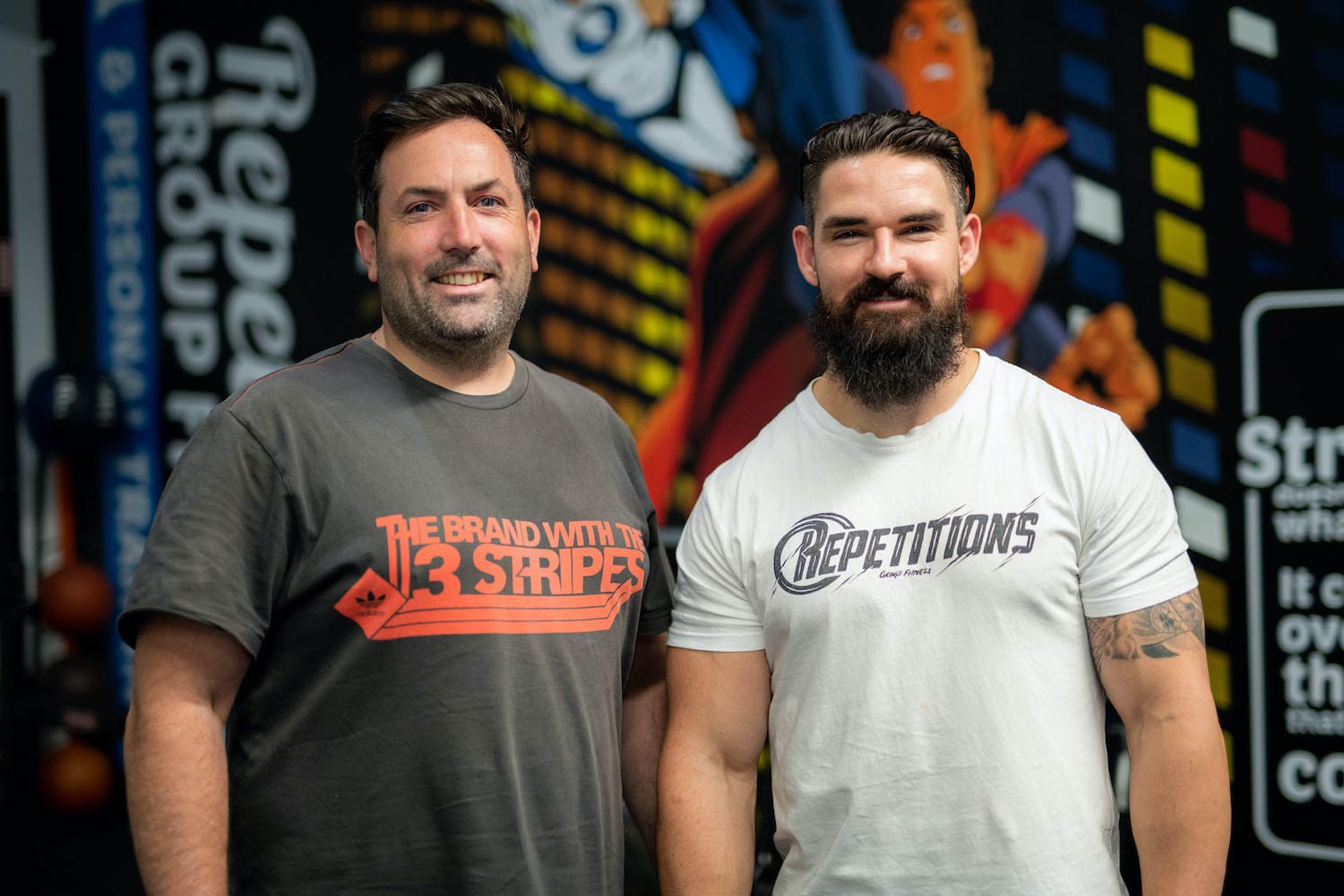The Important Part of Dietary Plans that People Rarely Address
By Alexander Perkins (@alexanderperkins)
How often have you purchased a new food plan, started a new challenge, or embarked on your own self-prescribed diet only to “fail” days or weeks in? An old fitness myth states that 95% of people who start diets fail. This is unfounded, however in the absence of relevant research I would safely estimate that more than 50% of individual’s give-up on diet’s they embark on.
Often this is due to poor overall planning (unrealistic expectations, insufficient calorie intake etc.), however, one of the most common errors is the lack of attention paid to habits. In an age of excess pleasure and escape, presence and mindfulness is a rarity. Couple that with the fact the human brain is wired to make subconscious “decisions” and you have a recipe for disaster. You may not notice it, but your brain does this all day with amazing speed and efficiency. How many times have you driven home from work, arrived in your drive-way and barely remembered a thing from the drive itself? The whole time your brain was making millions of subconscious decisions on how to take turns, how fast to go, when to stop and when to avoid regular obstacles. The same type of habitual wiring can occur around all of life’s regular decisions, and that includes dietary decisions.
When I’m stressed at work I will often reach into my top draw, grab a Quest bar, eat the whole thing and not really remember one bite. Whilst it’s not the worst “decision” I will make all day, it has become a bad habit. In his book “The Power of Habit”, Charles Duhigg shows how all habits – good or bad – follow the same three step pattern: cue, routine, reward. For me, the cue was being stressed, the routine was eating the Quest Bar, and the reward was the dopamine from the deliciously sweet bar, and more importantly, the brief but welcome distraction from my work.
If I was to write myself a diet, simply ruling “no snacks at work” would not fix my problem and stop me eating the bar. Sure, at the start when my motivation is peaking and I envisage a shredded physique I may be able to get through on sheer will-power; but will-power is a finite commodity. As it wavers, as work gets more stressful, as my desire to be shredded is reduced, I will eventually grab that Quest Bar and smash it whilst I bathe in a glorious wave of enjoyment. Yes, in this instance there’s no problem as a Quest Bar isn’t going to ruin my diet, however let’s exchange it with a box of your favourite chocolate. What happens when you finish the box? Guilt. Shame. Self-loathing and the desire to give up (or lack of desire to continue). You simply cannot remove the routine from a habit loop and expect it to stop. The craving for the reward will eventually make you cave in most cases.
Changing Habits
There are two key things that you need to do to change the habit. The first is to be present and practise mindfulness. You’ll need this to understand the cue that starts the loop and the fact that it is your subconscious desire craving the food, not your logic. The second is to change the routine, not remove it. For example, if the cue is being stressed at work and needing a distraction, an alternative to the treat could be going for a short 5 minute walk, going outside and stretching or talking to a colleague. For your late night sweet tooth it might be substituting a calorie-dense dessert with berries or something similar. Just remember that the routine cannot simply be removed, it will cause an intense craving for the reward that will sap will-power. Find a positive substitute for the routine that gives a similar reward.
The simplicity of habit change that this article may exuberate is illusory. Change takes presence of mind, honest self-auditing and tonnes of effort. What I do want to get across though, is that dietary regimes that do not address habits require the highest levels of will-power and self-discipline; something that most of us humans simply do not have at all given times.




